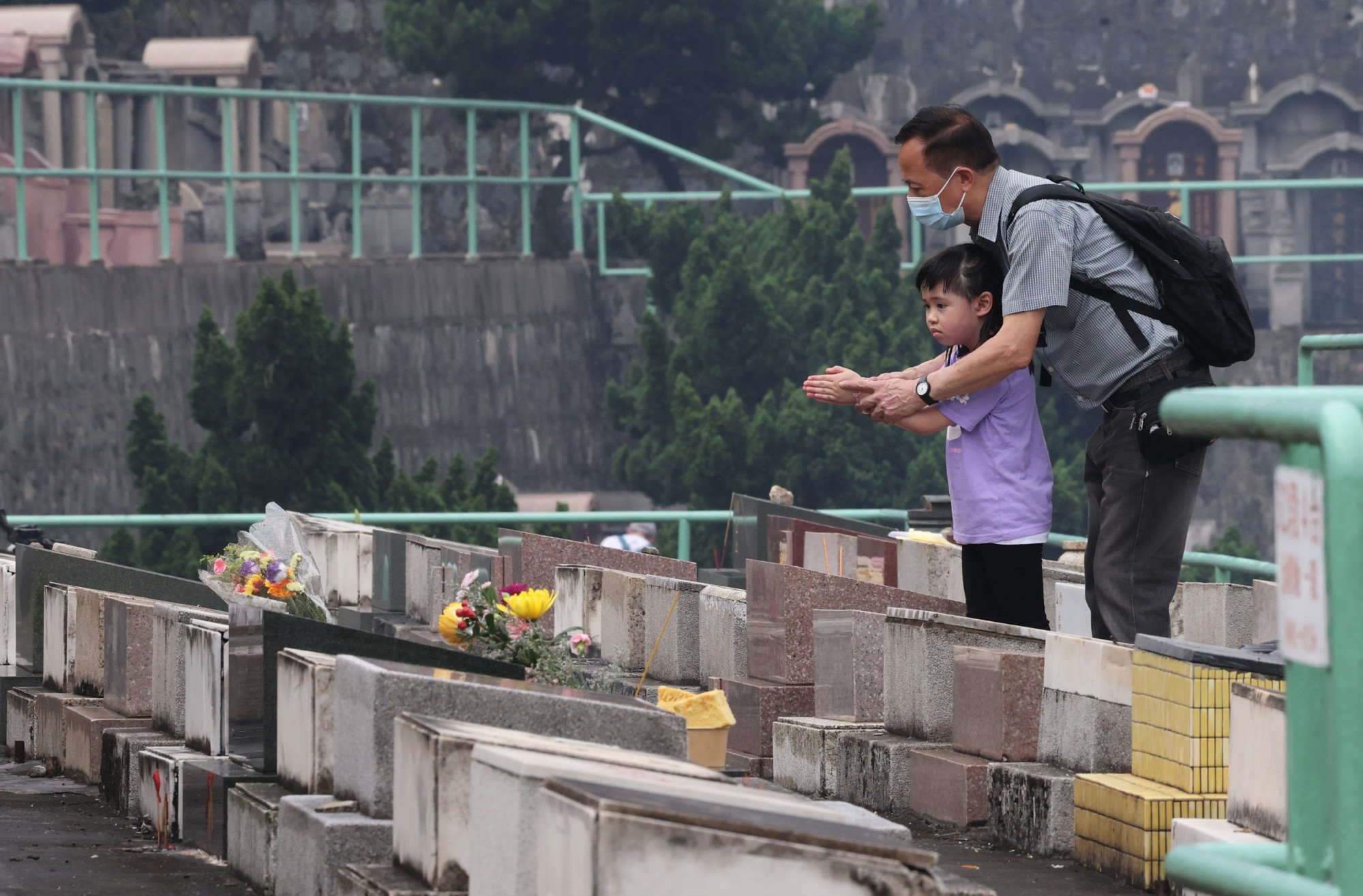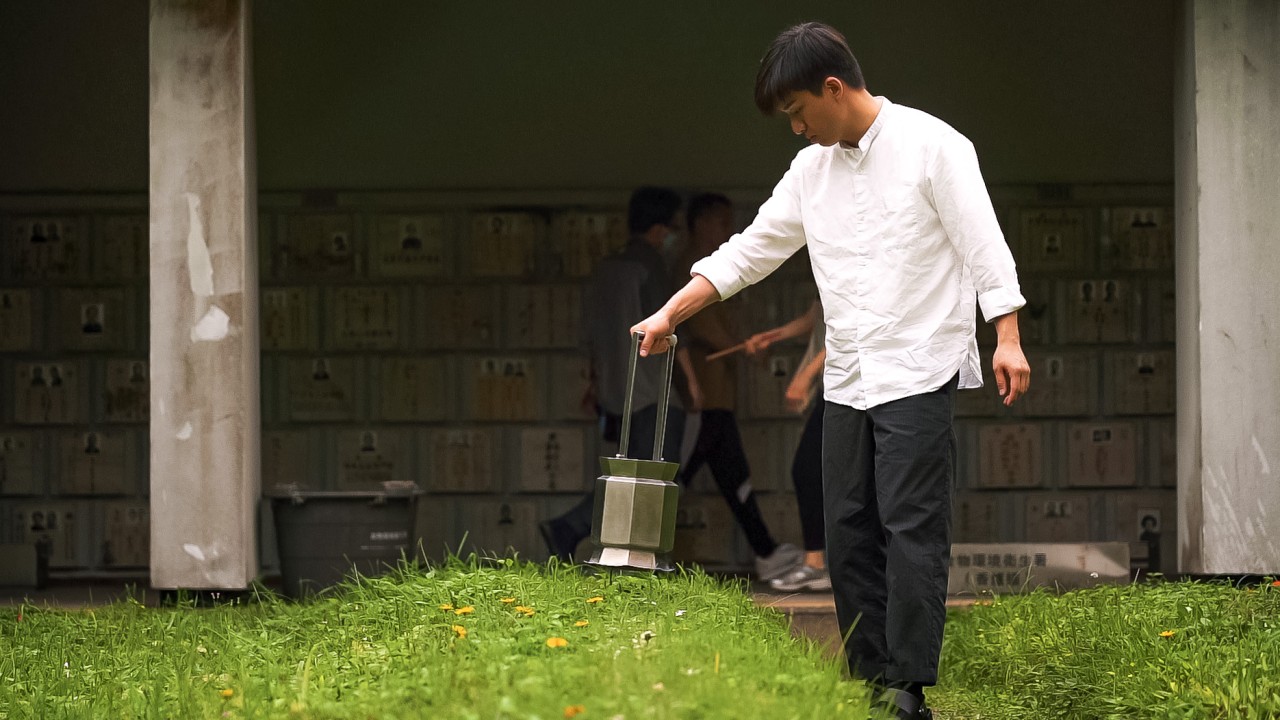No one ever told me how to learn to accept peacefully the loss of a life, especially of a loved one.
I lost my elder brother to heart disease in June 2021. After 10 hours of a scheduled surgery, he ended up in the intensive care unit (ICU) for 30 days, unconscious. That was a month full of anxiety, worry and fear, driving the family to the brink. The Covid-19 quarantine policy made everything more complicated.
We couldn’t visit. All we could do was wait at home for the hospital’s daily report. I felt like I was on a roller coaster, becoming emotional with any word from the doctors, and so did my parents. I believe they had considered the worst, but still hoped for the best.
When we were told there was no point to him receiving any more medical treatment, my parents finally broke down. My brother was 38 years old. That no parent should ever have to outlive their child is a deeply rooted idea for the Chinese. It is considered one of the greatest tragedies, a grief beyond bearing.
I remember it was a sunny afternoon. We had gathered in a narrow room in a building next to the hospital, saying a last goodbye to him through a video link to the ICU. That was what the hospital could provide during the pandemic. We watched the nurses unplug him. My mother shouted his name. No one knew if he could hear it. But we hoped he could.
Asia must find the will to break the taboo on talking about death
Asia must find the will to break the taboo on talking about death
There were no other instructions from him. We didn’t even know if he had a will or any last wishes. He deserved a better farewell, and we should have done it properly.
Once again, no one ever taught me how to do it. Sadly, death has been an absent topic in China’s systematic education. We need to be educated on the knowledge of death and be prepared for the inevitability. Three years of the pandemic have given everyone a heightened sense of the uncertainty and unpredictability of life. You never know which might come first: tomorrow or an accident.
In December 2020, the Ministry of Education issued a statement in reply to a proposal to “strengthen life and death education for the whole society after the Covid-19 pandemic”, raised by some members of China’s advisory body. It said life and death education had been integrated into the curriculum. Some universities offer related courses. They include the practical, such as making wills, and extracurricular activities like visiting funeral homes.
China’s first university course on life and death is thought to have started in 2000 at Guangzhou University. At the very beginning, few would select the course. But now it has become one of the most popular open online courses in the country. The attitude towards death seems to be changing, especially among the younger generation.
According to the China Will Registration Centre, wills have gained increasing acceptance in China over the past decade and those registering their wills are doing so at a younger age. From 2017-2023, the number of will registrants born in the 1980s has increased by 21.5 times; and for those born in the 1990s, by over 11.2 times. The number of those born after 2000 is also rising.
At the will registration centre, there is reportedly a reminder on the screen: don’t cry. Making a will is a happy thing.

It echoes the views of the ancient Chinese sages on death. Many old poems and other writings on this eternal theme considered the living as passers-by in this mortal world, and the deceased as travellers finally going home. There is no need to grieve over death, the ultimate destiny for everyone.
People dying is as natural as the passing of the four seasons. The meaning of life lies in conforming to the natural process. That is why philosopher Zhuangzi drummed on a pot and sang after his wife had died, instead of weeping over her death.
Wei Wei is the former chief correspondent of the Eurasian bureau of China Central Television, based in Moscow


